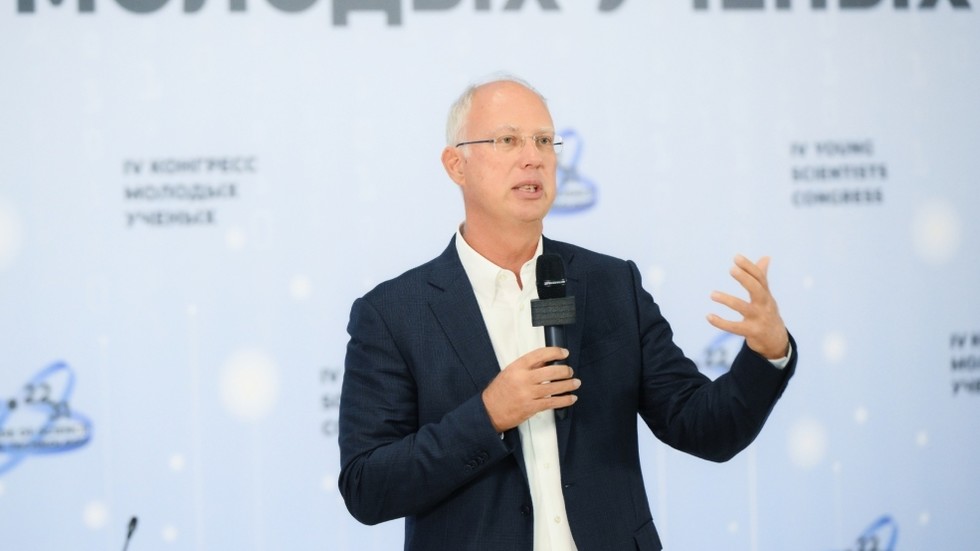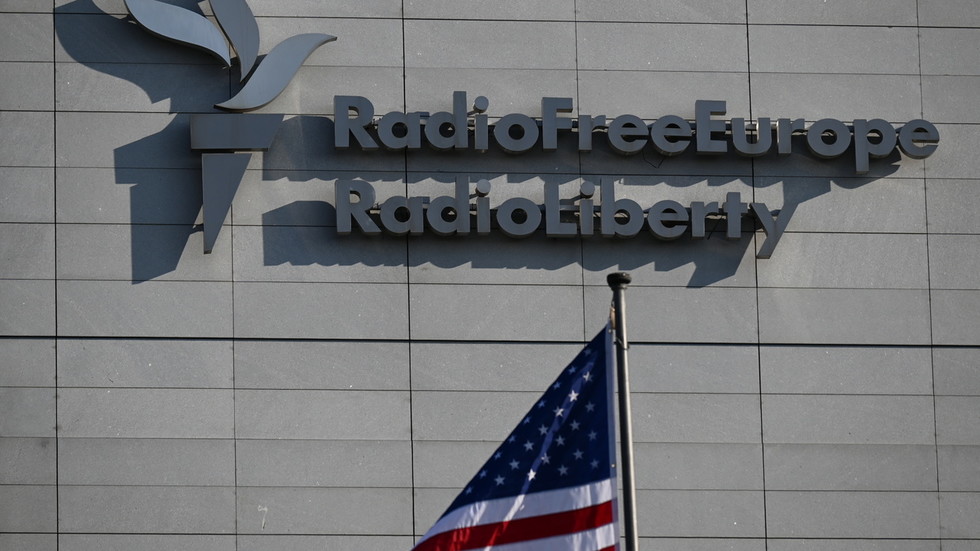In 2013, Laura Khalil logged in to 23andMe to submit a sample to the DNA testing service to learn more about her Middle Eastern heritage — unaware it would eventually change her life forever.
“23andMe was a really great way to discover a part of myself, a part of my family,” Khalil told The Independent.
Khalil, who lives in Detroit, said the data initially “was not very good” and at first she didn’t get much relevant information. But five years later, she got a shocking notification: A woman messaged her through the service claiming to be her half-sibling.
That’s when Khalil’s parents admitted for the first time that they’d used a sperm donor to conceive her. That message snowballed into several others, and Khalil discovered through 23andMe that she had nine half-siblings: eight sisters and one brother. Their parents had visited the same doctor in the late 1970s and 1980s, and ended up using the same donor.
But on Tuesday, Khalil found herself logging onto the site for a very different reason: To permanently delete her genetic information from their database.
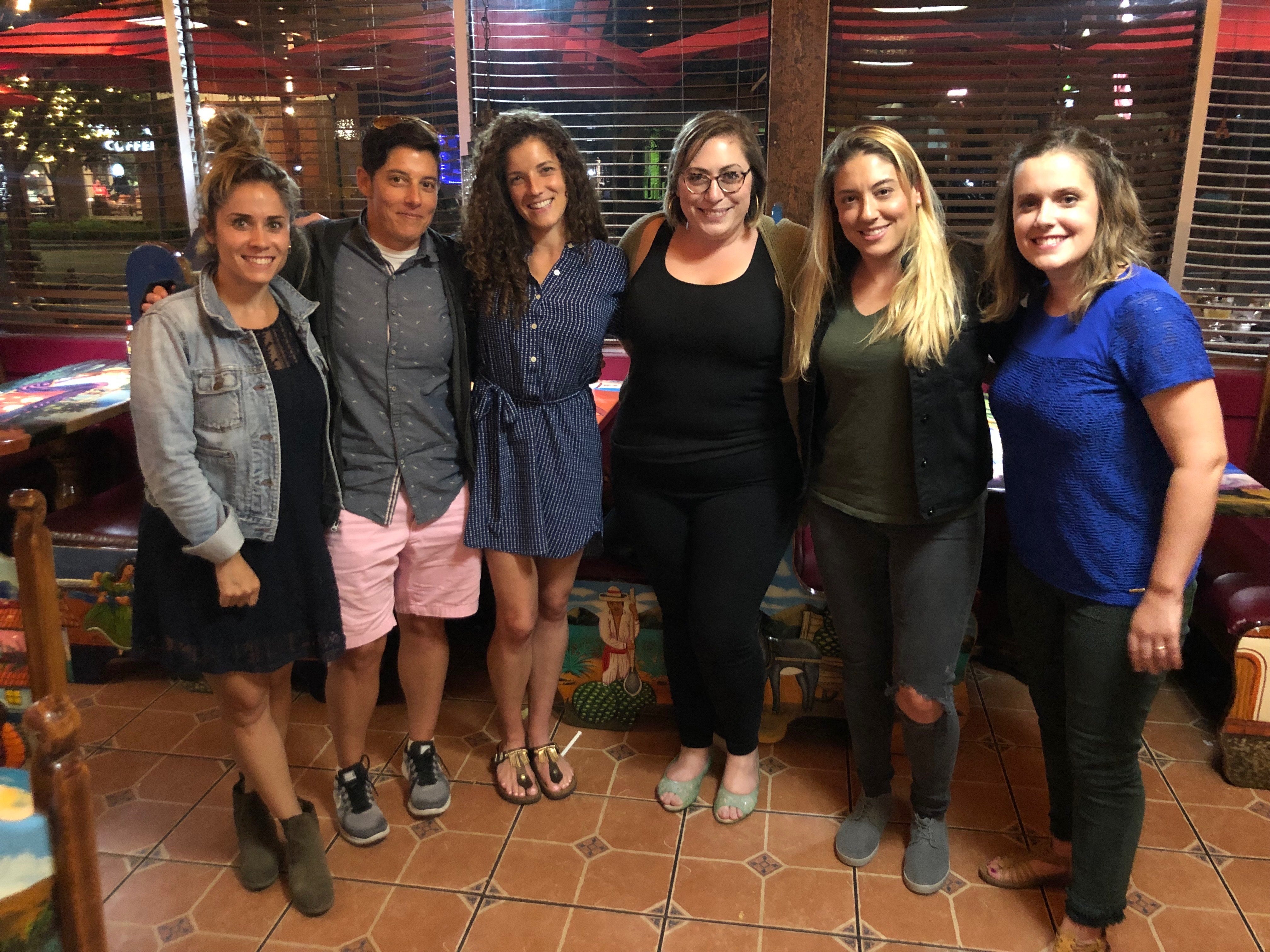
“I just deleted my data this morning,” Khalil said.
That’s because 23andMe announced it is filing for bankruptcy and looking for a buyer to purchase the company — which means anyone could soon have access to their trove of genetic data.
“I don't know what's going to happen here, and I don't know who could get their hands on what,” Khalil added.
She isn’t alone, either. The 23andMe login website crashed on Monday night as users rushed to delete their data, The Wall Street Journal reports.
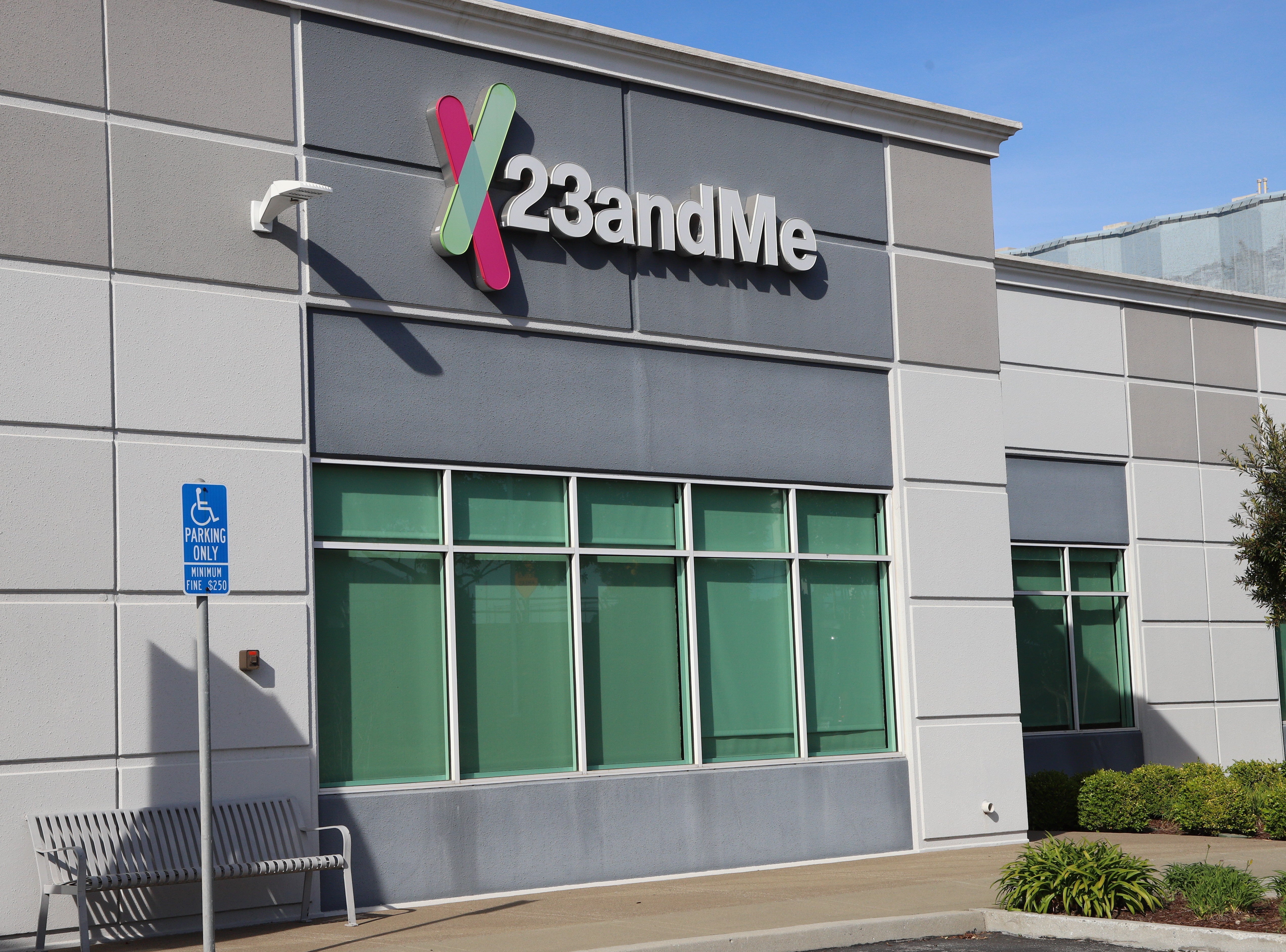
Others are waiting to see what happens with the sale, including Jackie Vadurro, whose own DNA in the 23andMe system helped police crack open a decades-old cold case.
Two years ago, a San Diego detective called Vadurro. She and another family member who used 23andMe matched with an unidentified 43-year-old woman who was killed and abandoned on the side of the road in 1986.
Thanks in part to Vadurro’s DNA, police finally identified the woman last year as Maria Pilar Del Gadillo Carrillo. While police still don’t know who might have killed her, Vadurro told The Independent she’s grateful her genetic data was able to help give her family some answers.
“They were able to give her her name back, and they were able to exhume her ashes, and her family was able to bury her,” Vadurro said of her distant relative. “ I feel like that's something just so incredible that happened through, you know, just having my DNA up there.”
.png)
Vadurro said she’s “impartial” to the issue of her data potentially being sold and plans to wait and see who buys 23andMe before making a final decision on deleting her information.
Meanwhile, Linda Ketchum of Glendale, California, has used several DNA testing services, including AncestryDNA and 23andMe. The service helped her discover her biological father’s ancestry after he died when she was 17.
Ketchum told The Independent she’s not concerned about another company having access to her genetic data if 23andMe finds a buyer.
“I know there are potential privacy issues with DNA, but there are privacy issues with most everything we submit to in this modern society, from cell phones right down to online medical record keeping in the health care system,” Ketchum said.
“I’m hopeful it will work itself out in the future. AI and other future technologies give me much more pause than DNA technology.”
Experts across the U.S. are warning 23andMe users to delete their data as soon as possible.
“I remind Californians to consider invoking their rights and directing 23andMe to delete their data and destroy any samples of genetic material held by the company,” California Attorney General Rob Bonta said last week.
Arthur Caplan, a professor of bioethics at New York University, told ABC News users need to get their data “out of there.”
“When this company declared bankruptcy, the buyer who comes in doesn’t have to honor any promises that the company made to you or anyone else who might’ve used the site that they’re going to keep your information private,” Caplan said.
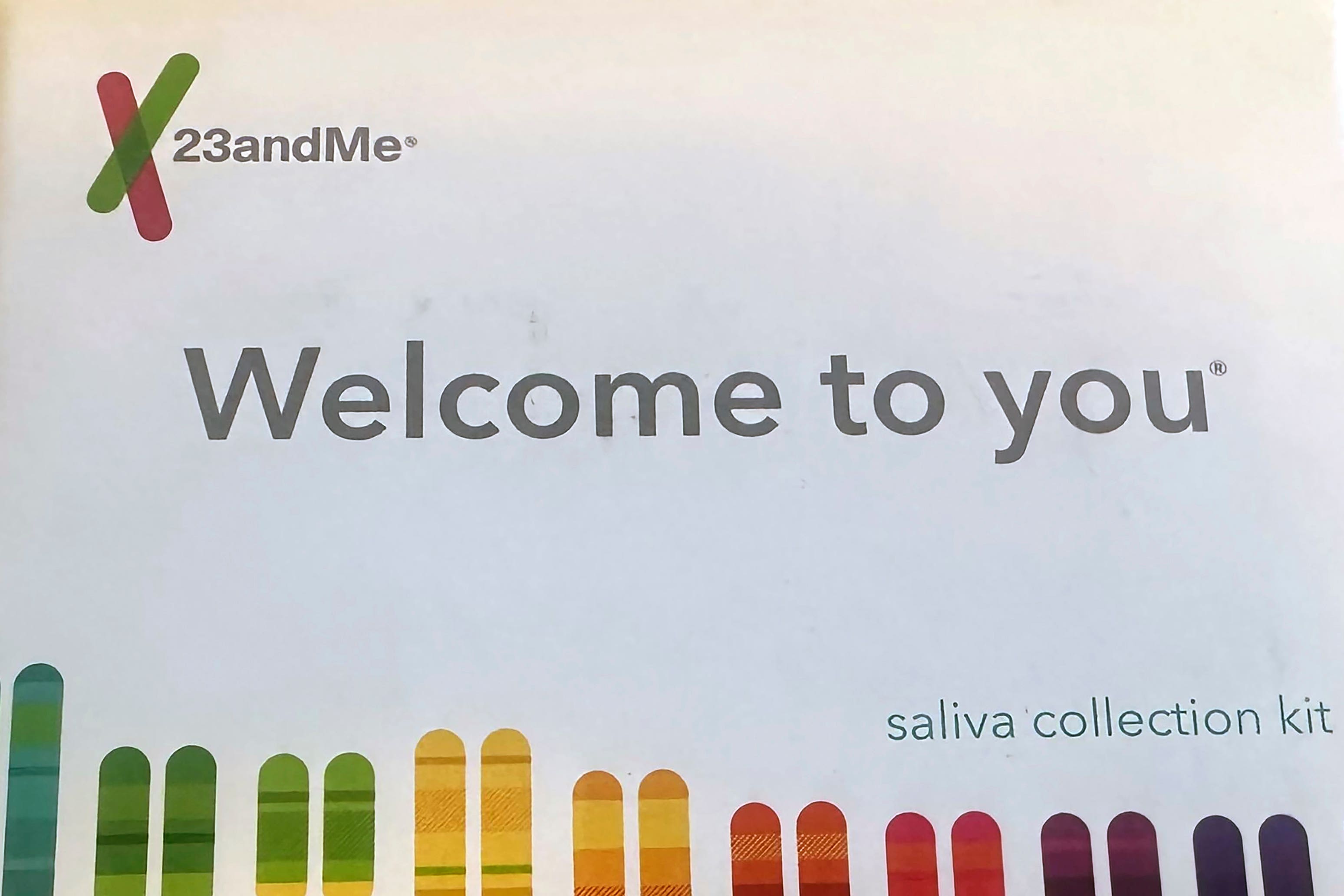
23andMe said in a statement there have been “no changes” to their data storage or protection. The company also said any buyer of its assets would have to observe applicable privacy laws for customer data.
“Our users’ privacy and data are important considerations in any transaction, and we remain committed to our users’ privacy and to being transparent with our customers about how their data is managed,” the company said in an open letter to customers.
Khalil told The Independent she also uses other online DNA services, so she’s not worried that deleting her data could prevent her from finding even more half-siblings.
“So even if there was another long lost sibling that showed up, we figure they’ll find us on Ancestry,” she said.

 1 day ago
6
1 day ago
6

